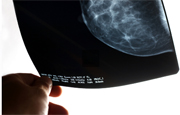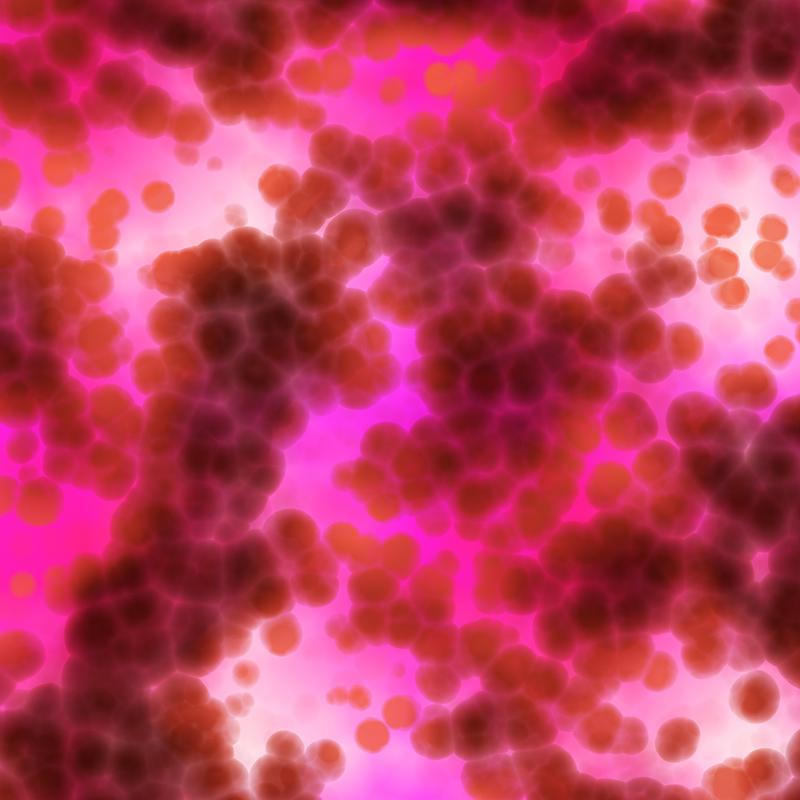
THURSDAY, April 3, 2014 (HealthDay News) — Widely used fertility drugs don’t seem to increase a woman’s risk of breast cancer, according to a new study.
Researchers analyzed data from more than 9,800 American women who were evaluated for infertility between 1965 and 1988 and followed until 2010. During the follow-up period, 749 of the women developed breast cancer.
Overall, women who took Clomid (clomiphene citrate) or gonadotropins as part of fertility treatments were not more likely to develop breast cancer than those who didn’t take the drugs, according to the study in the current issue of the journal Cancer Epidemiology, Biomarkers and Prevention.
“We wanted to evaluate the long-term relationship of fertility medications and breast cancer risk after controlling for other factors that have been shown to be correlated with both breast cancer risk and use of those drugs,” Louise Brinton, chief of the Hormonal and Reproductive Epidemiology Branch at the U.S. National Cancer Institute, said in a journal news release.
“Overall, our data show that use of fertility drugs does not increase breast cancer risk in this population of women, which is reassuring,” she said.
The study did find that women who underwent 12 or more cycles of Clomid were about 1.5 times more likely to develop invasive breast cancer than those who never took fertility drugs.
It also found that women who didn’t become pregnant after taking the fertility drugs were nearly twice as likely to develop invasive breast cancer as those who didn’t take the two drugs.
“The observed increase in risk for these small subsets of women may be related to persistent infertility rather than an effect of the medications,” Brinton noted. “Nevertheless, these findings stress the importance of continued monitoring of women who are exposed to fertility drugs.”
She noted that the use of Clomid is typically limited to three to six cycles at doses up to 100 milligrams (mg), which is far lower than it was in the past. Some of the patients in this study were prescribed doses up to 250 mg, and many of them took that higher dose for many years.
“Given the high doses of drugs received by our study participants and the lack of large increases in breast cancer risk many years after exposure, women previously exposed to such drugs should be reassured by these findings,” Brinton said.
“However, the women in our study who developed breast cancer were on average only 53 years old, which is still young in terms of when we usually expect breast cancers to develop,” she added.
More information
The American Cancer Society outlines breast cancer risk factors.
Copyright © 2026 HealthDay. All rights reserved.

